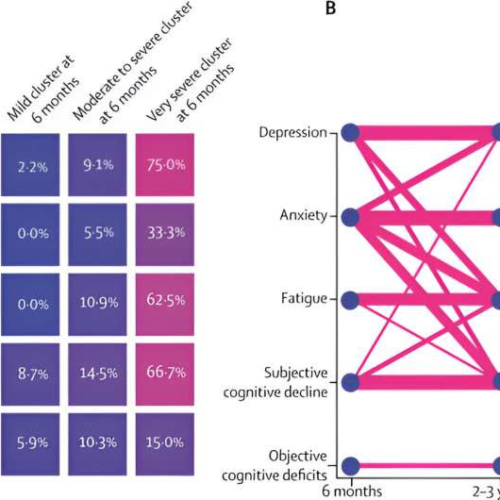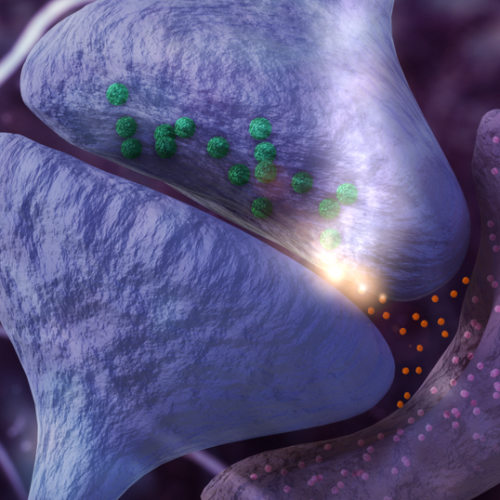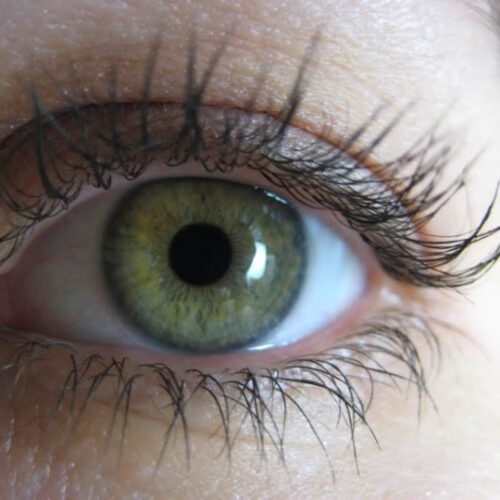by Shawn Ballard, Washington University in St. Louis Credit: Pixabay/CC0 Public Domain The complexity of the human brain—86 billion neurons strong with more than 100 trillion connections—enables abstract thinking, language acquisition, advanced reasoning and problem-solving, and the capacity for creativity and social interaction. Understanding how differences in brain signaling and dynamics produce unique cognition and behavior...
Tag: <span>cognitive</span>
Brain-training games remain unproven, but research shows what activities do benefit cognitive functioning
by NIH/National Heart, Lung and Blood Institute Credit: NIH/National Heart, Lung and Blood Institute Like a fire alarm sending signals to evacuate a smoky building, the immune system has internal guards to help the body sense and respond to danger. However, for people with risks for heart disease, these warning signals can have a negative consequence:...
Brain-training games remain unproven, but research shows what activities do benefit cognitive functioning
by Ian McDonough and Michael Dulas, The Conversation Credit: CC0 Public Domain Some 2.3 million of U.S. adults over 65—more than 4%—have a diagnosis of dementia. But even without a diagnosis, a certain amount of cognitive decline is normal as age sets in. And whether it’s due to fear of cognitive decline or noticing lapses in cognition...
Everyday physical activity could improve cognitive health in middle age
by Christine Yu, Pennsylvania State University Credit: Pixabay/CC0 Public Domain Exercise has been shown to improve brain health and reduce the risk of cognitive decline and dementia over the long-term. But engaging in everyday physical activity has immediate benefits for brain health, according to a new study from researchers in the Penn State College of Medicine....
Childhood maltreatment is associated with greater cognitive difficulties than previously thought
August 13, 2024 by King’s College London Credit: Unsplash/CC0 Public DomainNew research from the Institute of Psychiatry, Psychology & Neuroscience (IoPPN) at King’s College London and City University of New York suggests that the cognitive difficulties associated with childhood maltreatment, and particularly neglect, have been grossly underestimated in previous studies. The research, published in Lancet...
Long-term cognitive and psychiatric effects of COVID-19 revealed in new study
August 1, 2024 by University of Oxford Prediction of cognitive, psychiatric, and fatigue outcomes at two to three years after COVID-19 by symptom burden at six months. Credit: The Lancet Psychiatry (2024). DOI: 10.1016/S2215-0366(24)00214-1Many people who were hospitalized with COVID-19 continue to have cognitive and psychiatric problems even two to three years post-infection, according to...
Daydream a lot? Feel sluggish? Stare into space? You might have cognitive disengagement syndrome
by Sofia Barbosa Boucas, The Conversation Credit: Pixabay/CC0 Public Domain Do you find that you daydream a lot? Are you often sluggish and tend to disengage easily when doing a task? You might have cognitive disengagement syndrome, or CDS. CDS was first described by psychologists in the 1960s and 1970s when they noticed that some...
Smoking a key lifestyle factor linked to cognitive decline among older adults
NEWS RELEASE 5-JUL-2024 The study, published in Nature Communications, analysed data from 32,000 adults aged 50 or over from 14 European countries who responded to surveys over 10 years. Peer-Reviewed PublicationUNIVERSITY COLLEGE LONDON Smoking may be among the most important lifestyle factors affecting how quickly our cognitive skills decline as we age, suggests a new...
Astrocyte dysfunction causes cognitive decline
WEILL CORNELL MEDICINE IMAGE: SYNAPSES ARE COMPOSED OF PRESYNAPTIC AND POSTSYNAPTIC TERMINALS (BLUE) AND ARE CONTACTED BY ASTROCYTES (PURPLE), A CRUCIAL NON-NEURONAL CELL TYPE. DEMENTIA-ASSOCIATED PROTEIN BUILDUP IN ASTROCYTES CAUSES ABNORMAL RELEASE OF IMMUNE FACTORS (ORANGE) THAT DISTURB PRESYNAPTIC FUNCTION AND CAUSE NEURONAL HYPERACTIVITY AND COGNITIVE DECLINE IN MICE CREDIT: ORIGINAL 3D BY BROKENGRID People...
In new cognitive research, people’s eyes reveal that clichés are underrated
As busy people, we juggle many tasks, keep many balls in the air, and try to avoid letting anything drop. In class, instructors toss out ideas; sometimes they go over our heads, but other times we grasp them quickly. The sentences above contain familiar metaphors, sometimes called clichés: common words or phrases borrowed from physical...




